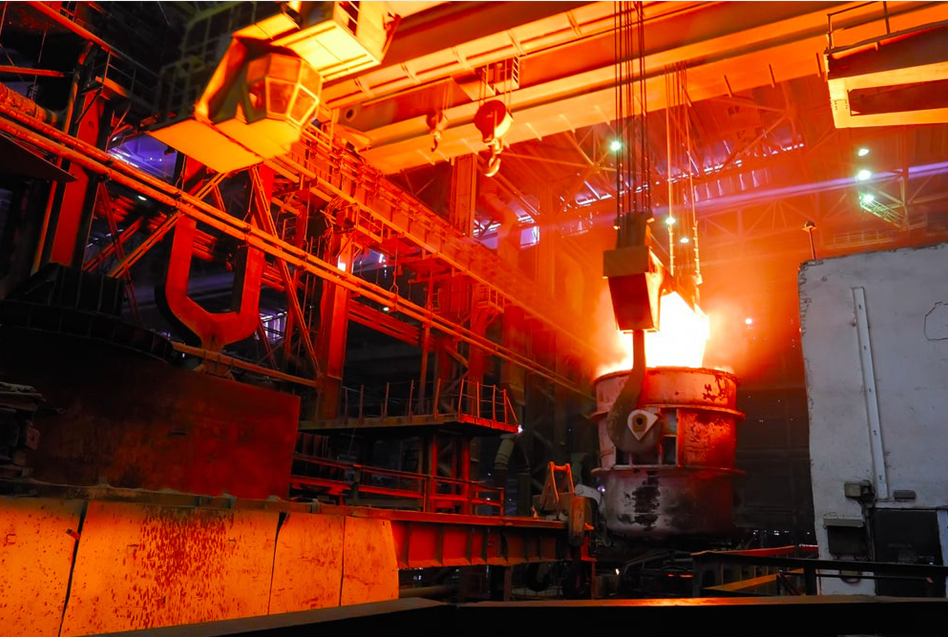When it comes to cookware, two popular options are cast iron and aluminum. Both materials have their own unique features and benefits, making it difficult to determine which one is better. In this article, we will compare cast iron and aluminum cookware in terms of heat conductivity, durability, versatility, and maintenance to help you make an informed decision.
Heat Conductivity:
One of the most important factors to consider when choosing cookware is its heat conductivity. Cast iron is known for its excellent heat retention and distribution. It takes longer to heat up but once it does, it maintains a steady and even heat. This makes it ideal for slow cooking or dishes that require a consistent temperature.
On the other hand, aluminum is an excellent conductor of heat. It heats up quickly and evenly, allowing for precise temperature control. This makes it great for dishes that require high heat, such as stir-frying or searing. However, it also means that aluminum cookware can cool down just as quickly, so it may not be suitable for dishes that require a longer cooking time.
Durability:
When it comes to durability, cast iron is the winner. It is extremely tough and can withstand high heat, making it perfect for cooking methods like baking, frying, and even grilling. Cast iron cookware is known to last for generations if properly cared for. It is resistant to scratches, dents, and warping, making it a reliable choice for any kitchen.
Aluminum, on the other hand, is a softer metal and can be prone to denting and scratching. However, many manufacturers reinforce aluminum cookware with a non-stick coating or anodized finish, which improves its durability and resistance to scratches. While it may not be as long-lasting as cast iron, aluminum cookware can still provide many years of reliable service.
Versatility:
Both cast iron and aluminum cookware offer versatility in the kitchen, but in different ways. Cast iron is known for its ability to retain heat, making it perfect for dishes that require long, slow cooking. It can be used on the stovetop, in the oven, or even over an open fire. Cast iron cookware is also great for browning and searing meats, as it can withstand high temperatures.
Aluminum cookware, on the other hand, is lightweight and easy to handle. It is suitable for a wide range of cooking methods, including sautéing, boiling, and frying. Aluminum pots and pans heat up quickly and evenly, allowing for precise cooking control. Additionally, the lightweight nature of aluminum makes it ideal for those who have difficulty lifting heavy cookware.

Maintenance:
When it comes to maintenance, cast iron requires a bit more effort. It needs to be seasoned regularly to maintain its non-stick surface and prevent rusting. It also requires hand washing and should not be cleaned with soap or abrasive materials. However, with proper care, cast iron cookware can last for generations.
In comparison, aluminum cookware is relatively easy to maintain. It can be cleaned with regular dish soap and a sponge. Many aluminum cookware pieces are also dishwasher safe, making cleaning even more convenient. However, it is worth noting that the non-stick coating on some aluminum cookware may wear off over time and require replacement.
In conclusion, both cast iron and aluminum cookware have their own advantages and disadvantages. Cast iron offers superior heat retention, durability, and versatility, but requires more maintenance. Aluminum, on the other hand, heats up quickly, is lightweight, and requires less maintenance. Ultimately, the best choice depends on your cooking style, preferences, and needs in the kitchen.
-

- Magnesium alloy die-casting electric vehicle mid-mounted motor housing
-

- Custom-made metal parts macbook middle board produced
-

- Magnesium alloy die-casting parts&components for e-bike
-

- Die cast magnesium parts laptop housing cover D
-

- Laptop housing cover C
-

- Magnesium alloy die-casting Auto parts Front bumper Anti-collision beam

 0086-750-5616188
0086-750-5616188 +86 13392089688
+86 13392089688 sales@zhongmei-tech.com
sales@zhongmei-tech.com







